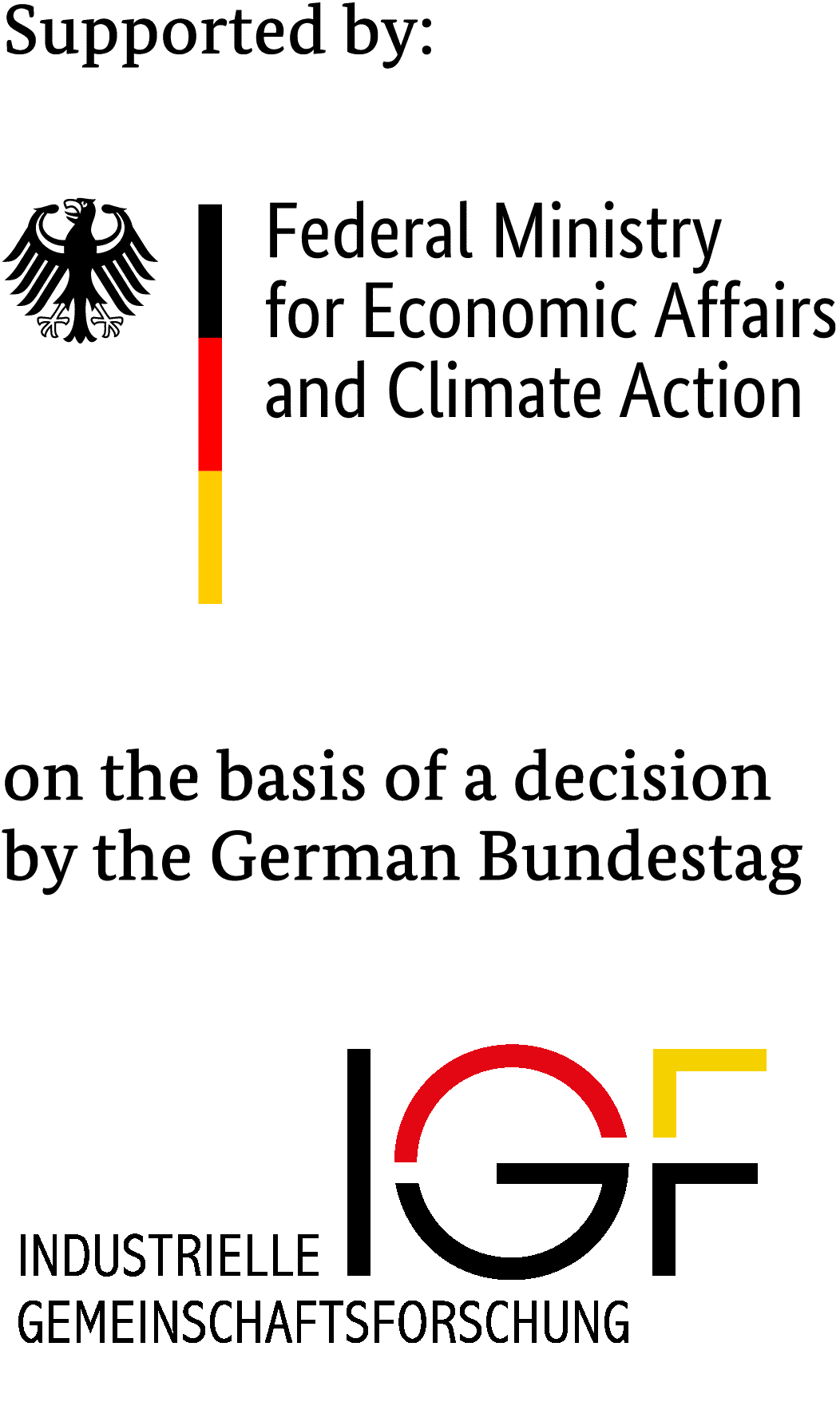In order to save fuel costs and CO₂ emissions, coal is replaced in cement production to a large extent by RDF (residue derived fuels) made from shredded industrial and domestic waste. The composition of the alternative fuels is fluctuating strongly. Quality control of RDF usually takes place by sampling in the laboratory and is thus cannot be used for control of the process. RDF can be manually divided into different fractions such as films, hard plastics, paper. These fractions differ in burning and flying behavior and lead to changed conditions in the rotary kiln, so the composition of the RDF is crucial for a good cement quality. The aim of the project is to develop a traffic light system for RDF in cement production. The traffic light system will automatically summarise the composition and critical fuel properties by use of the prediction of a machine learning model. The traffic light shall be available to optimize the operation in the control room. To achieve the goal, samples are taken from the RDF stream and a few measurements (photography, near-infrared) will be used in machine learning models to predict the quality of the alternative fuel. The machine learning systems will include clustering as well as classification and will be trained using a database of measurements of individual RDF particles. The procedure will be investigated in operational tests in a cement plant in industrial use. The research project provides SMEs from the sectors of cement manufacturers, suppliers, RDF processing and machine learning with information required for the implementation of an automatic evaluation of RDF. Higher amount of information on the RDF can increase the process stability and therefore the product quality.
Automised Classification and Assessment of Alternative Fuels
The aim of the project is to investigate Machine Learning models for the characterisation of alternative fuels in the cement production. For this purpose, a public-accessible database (with fuel characteristics and images) is set-up and different machine learning models will be trained on that data, the algorithms will be tested on their robustness and suggestions for the classification of the fuel quality and its visualisation in the control room will be made.
Background and aims of the project

Sponsors

The IGF project 22676 N of the research association VDZ gemeinnützige GmbH - VDZ Technology gGmbH, Toulouser Allee 71, 40476 Düsseldorf is funded by the Federal Ministry of Economics and Climate Protection via the AiF within the framework of the programme for the promotion of joint industrial research (IGF) on the basis of a resolution of the German Bundestag.
